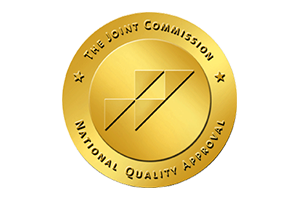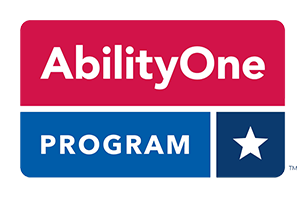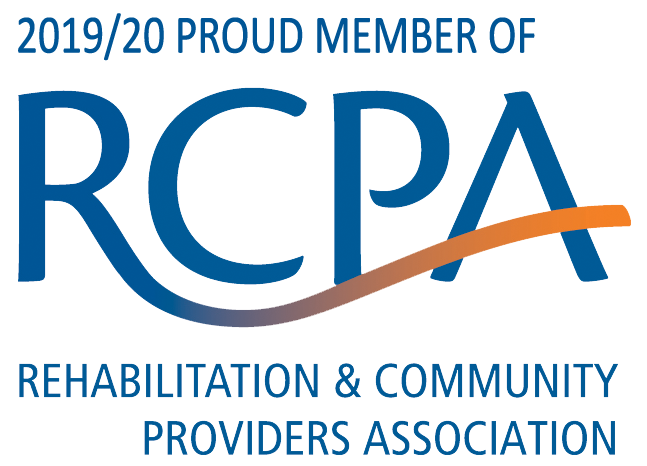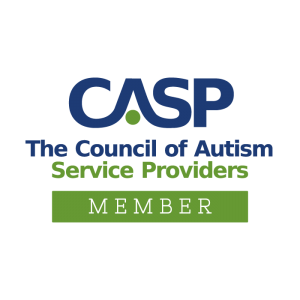Change In Law Means Parents Are More ABLE To Help Children With Disabilities
All parents fear for their children’s future. That’s particularly true when you’re the parent of a child with intellectual/developmental disabilities.
But for parents in Maryland, there’s now one less reason to worry.
The state has amended its Achieving a Better Life Experience (ABLE) law to remove a key barrier that prevented parents, and individuals with disabilities themselves, from setting aside money for the future.
To understand the change, and why it was necessary, let’s look at how the ABLE program works.
For decades, people with disabilities were encouraged not to save money. If your savings account reached a certain level, you would lose your Supplemental Security Income and Medicaid benefits.
That all changed when federal regulators unveiled the Achieving a Better Life Experience (ABLE) program. ABLE, modeled on the popular 529 college-savings plans, created tax-protected savings plans for individuals with disabilities.
Maryland rolled out its version in 2016, allowing for investments of as much as $14,000 a year (or up to $100,000 total.)
But there was a flaw in Maryland’s approach.
The money in ABLE accounts never truly belonged to the account holder.
Maryland had inserted a clause in the law allowing the state to “claw back” benefits after a person with disabilities died. A person with disabilities wasn’t allowed the same right that you and I take for granted: when we die we can leave our assets — be they great or small — to family, friends, charities, etc.
Maryland’s legislature came to see the unfairness in that approach. And so, effective June 2018, the “claw back” provision is no more.
And that creates an opportunity worth taking.
“We at Chimes hope all parents will investigate setting up ABLE accounts for their children,” said Tracey Cohen Paliath, Chief Operating Officer, Chimes Maryland. “It is a great way to save money for people who have not been allowed to save before, and now the money can be gifted to someone else after the account holder’s lifetime.”
There are other improvements to the ABLE program rolling out this month too. And it’s worth taking the time to learn how they can help you or a loved one prepare for the future.
Maryland ABLE will host a one-hour Webinar to discuss the new features on June 20, 2018, from 2:00-3:00 p.m. For questions or more information regarding Maryland ABLE or the upcoming webinar, please visit www.marylandable.org or contact the program at questions@marylandable.org.








